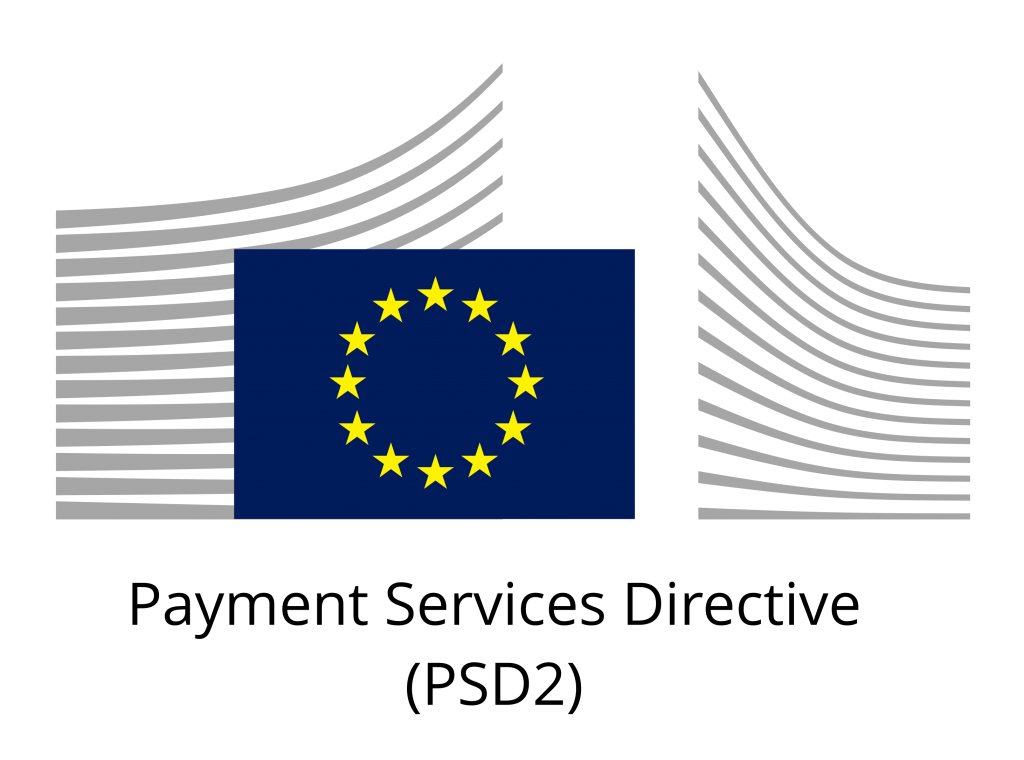Free movement of capital and full compliance with the Payment Service Directive 2 (“PSD2”) were the main reasons for adopting the Law which shall ensure that the provisions of payment services in Montenegro are regulated in the same way as in the member states of the European Union.
PSD2 is a revised payment services directive whose main objective is to encourage innovation, and support increased competition and transparency across the European payment market. The directive does not substantially change the conditions for granting and maintaining authorization as payment institutions.
The biggest impact and main contribution of the PSD2 on the banking and payment sector is the recognition of new entities – Third Party Payment Service Providers (“TPP”) and enabling completely new types of services. Accordingly, banks should open their IT system to such new entities using Application Program Interfaces (“API”) when a customer initiates a transaction through them.
Hence, the Law introduces new payment services: payment initiation service and account information service. In countries that have already implemented PSD2, these payment service providers are mostly IT companies. By introducing such services, the provider is allowed to provide the payer with the assurance that the payment has been initiated in order to induce the payee to transfer the goods or supply the service without unnecessary delays. The payer can be also provided with a complete overview of his financial situation from all owned accounts. With the introduction of new payment services, the market of payment services is opened to new providers of these services – Payment Initiation Service Providers (“PISP”) and Account Information Service Providers (“AISP”).
The adopted Law also provides an attractive option for business transactions which is the possibility to reserve cash funds on the payer’s payment account when the payer has given consent for the exact amount of funds to be reserved.
The Law aims to provide greater safety standards to protect the confidentiality and integrity of personalized security data of users of payment services using Strong Consumer Authentication (“SCA”). The Law prescribes that the payment service provider is obliged to apply reliable verification of customer authenticity when the payer: (i) accesses his payment account with an online connection; (ii) initiates an electronic payment transaction, or (iii) executes any action from a distance that may mean risk in terms of payment fraud or other forms of abuse.
Payment service providers and electronic money institutions that on the day of entry of the Law have approval for providing payment services, respectively authorization for the issuance of electronic money issued in accordance with the Law on payment transactions (“Official Gazette of Montenegro”, No. 62/13) are obliged to harmonize their act and business with the provisions of the Law and inform the Central bank, no later than six months from the date when the Law enters into force. The Law shall enter into force 12 months after its publication in the “Official Gazette of Montenegro”.
